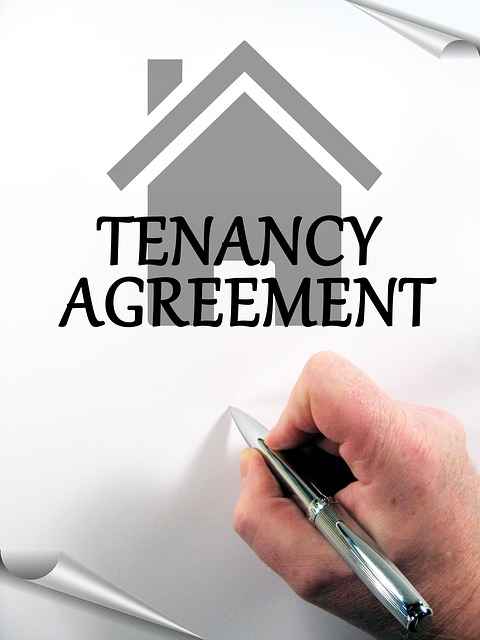
Lease in Real Estate
Published on
Average Read time: 2 minutes 11 seconds
A real estate lease is a legal contract between a property owner (landlord or lessor) and a tenant (lessee) that allows the tenant to use and occupy the property for a specified period of time in exchange for regular rent payments. Real estate leases are commonly used for residential and commercial properties, and they outline the terms and conditions of the rental arrangement. Here are some key points to know about real estate leases:
Lease Terms: Leases typically have a fixed term, such as one year, although they can be longer or shorter depending on the agreement between the landlord and tenant.
Rent Payments: The lease specifies the amount of rent to be paid, the due date, and the method of payment. Rent may include additional charges for utilities, maintenance, or other expenses, depending on the lease terms.
Security Deposit: Many leases require the tenant to provide a security deposit upfront. This deposit is usually refundable and serves as a form of protection for the landlord in case of damage to the property or unpaid rent.
Maintenance and Repairs: The lease typically outlines who is responsible for maintaining and repairing the property. It may specify the landlord's responsibilities for major repairs and the tenant's responsibilities for day-to-day maintenance.
Termination and Renewal: The lease will specify the conditions under which either party can terminate the lease before its expiration date. It may also include provisions for lease renewal.
Rules and Regulations: Landlords often include rules and regulations governing the use of the property in the lease, such as restrictions on pets, smoking, or alterations to the premises.
Notice Periods: The lease may stipulate notice periods required by both the landlord and tenant for actions like terminating the lease, raising the rent, or entering the property for inspections or repairs.
Legal Rights and Responsibilities: Both the landlord and tenant have legal rights and responsibilities under the lease and applicable local, state, and federal laws. These rights and responsibilities should be clearly outlined in the lease agreement.
Disclosures: Landlords are often required to disclose certain information to tenants, such as lead-based paint disclosures for older properties.
Eviction Process: The lease should outline the procedures and grounds for eviction, including any grace periods for unpaid rent and the legal process that must be followed.
Lease Terms: Leases typically have a fixed term, such as one year, although they can be longer or shorter depending on the agreement between the landlord and tenant.
Rent Payments: The lease specifies the amount of rent to be paid, the due date, and the method of payment. Rent may include additional charges for utilities, maintenance, or other expenses, depending on the lease terms.
Security Deposit: Many leases require the tenant to provide a security deposit upfront. This deposit is usually refundable and serves as a form of protection for the landlord in case of damage to the property or unpaid rent.
Maintenance and Repairs: The lease typically outlines who is responsible for maintaining and repairing the property. It may specify the landlord's responsibilities for major repairs and the tenant's responsibilities for day-to-day maintenance.
Termination and Renewal: The lease will specify the conditions under which either party can terminate the lease before its expiration date. It may also include provisions for lease renewal.
Rules and Regulations: Landlords often include rules and regulations governing the use of the property in the lease, such as restrictions on pets, smoking, or alterations to the premises.
Notice Periods: The lease may stipulate notice periods required by both the landlord and tenant for actions like terminating the lease, raising the rent, or entering the property for inspections or repairs.
Legal Rights and Responsibilities: Both the landlord and tenant have legal rights and responsibilities under the lease and applicable local, state, and federal laws. These rights and responsibilities should be clearly outlined in the lease agreement.
Disclosures: Landlords are often required to disclose certain information to tenants, such as lead-based paint disclosures for older properties.
Eviction Process: The lease should outline the procedures and grounds for eviction, including any grace periods for unpaid rent and the legal process that must be followed.
Real estate leases are legally binding documents, and it's important for both landlords and tenants to carefully read and understand the terms before signing. If there are any questions or concerns, it's advisable to seek legal advice or consult with a real estate professional. Additionally, lease laws and regulations can vary from one location to another, so it's essential to be aware of the specific laws and regulations that apply to your jurisdiction.